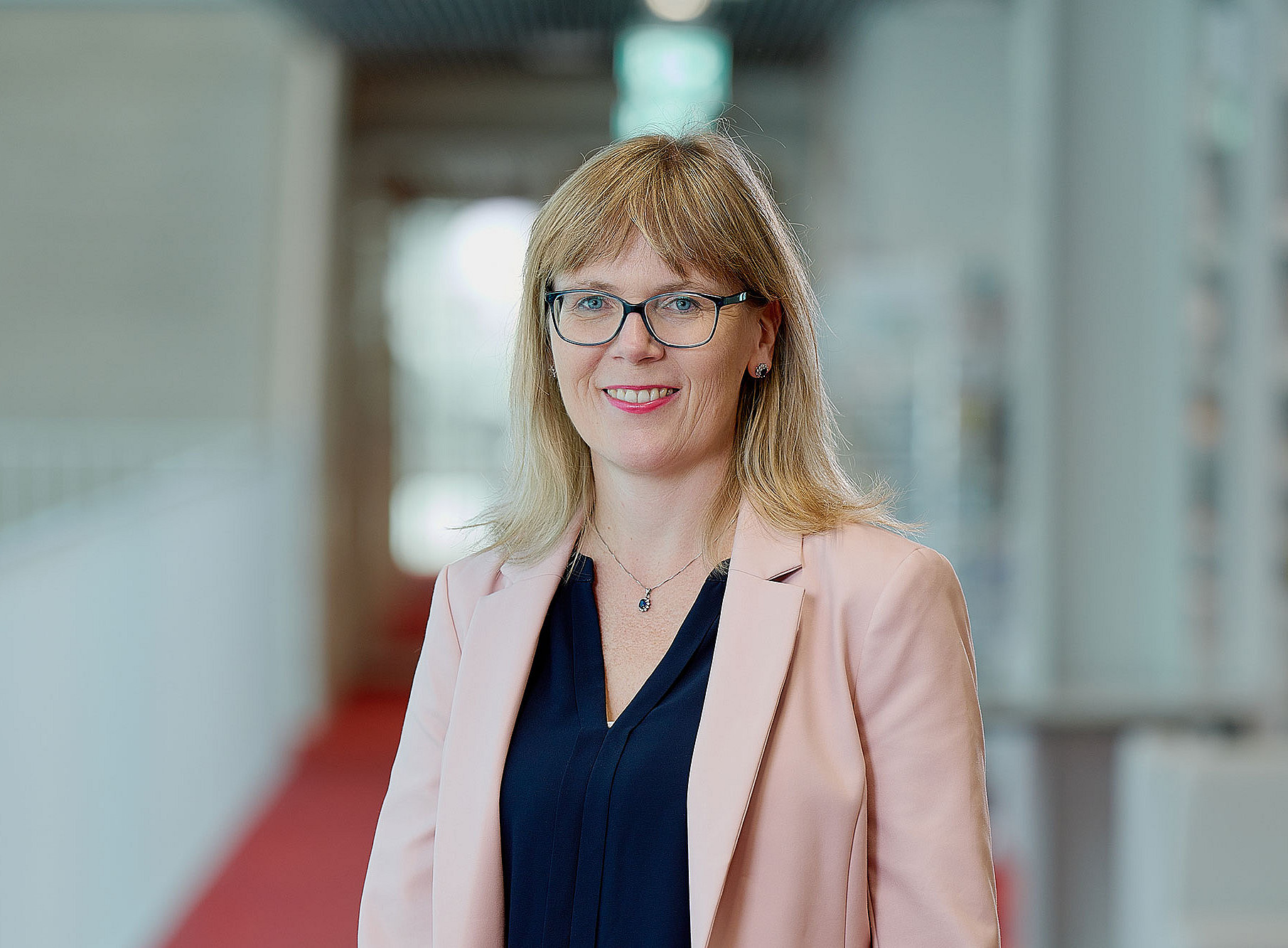What is the significance of gender research in theology?
Theological women's and gender studies analyses the extent to which the Christian religion itself has contributed to discriminating against women and various genders. There is a lot to be found: there are passages in the Bible that legitimise the subordination of women. This must be critically examined and made comprehensible through the respective socio-historical context. An uncritical interpretation legitimised social gender orders, so that they became part of the cultural codes. However, the Bible in particular also contains many emancipatory women's stories and approaches to thinking about gender equality.
How many new things are there to discover?
A lot of. New methodologies, new approaches in gender studies or new archaeological finds enrich the reading of the Bible. To illustrate this with an example: with the emergence and strengthening of the queer perspective in gender studies, it suddenly became clear that the creation story in Genesis 1 needs to be reinterpreted. God not only created man and woman, but also all people who stand between these two poles, because God's creation encompasses and approves of everything.
What are the biggest goals for the next 30 years?
An important topic for theological women's and gender studies will be how it can do justice to a queer perspective in all its disciplines. This is challenging insofar as heterosexuality and gender binarity are the norm in the Catholic Church and theology. The clash in theological ethics is already evident today with regard to reproductive justice: is it legitimate from a Christian sexual ethical perspective for non-heterosexual and non-binary genders to reproduce and to resort to reproductive medicine in the process? Our symposium on the occasion of the 30th anniversary provides insights into this.
What are the three greatest achievements of the past?
Firstly, theological women's studies has overturned the androcentric view of theology by making the history of women in the church visible and consistently addressing the significant role of women in the Bible. Herstory!
Secondly, theological women's and gender studies have used biblical and historical sources to work out that God is not only male, but also female and essentially trans-gender - in other words, that he transcends all gender images. A male God could therefore no longer be used to legitimise discrimination against women.
Thirdly, according to the motto "The personal is political is spiritual", our work has moved countless women to critically question the connection between gender order and spirituality and to demand a gender-equitable position in the power structures of the Christian churches - and to make their personal experiences of faith heard.
Is there a vision of the conditions under which research can be discontinued because everything has been explained?
The vision for the future is that theological women's and gender studies will no longer be seen as a special methodological approach to theology, but as an integral component - fully recognised because women's and gender studies provide important insights into the question of God, humanity and faith. With regard to the discriminatory structures of the church, a vision would be realised if all Catholics - regardless of gender and sexual orientation - were unconditionally recognised and structurally treated equally, for example by giving them access to all ordained ministries.
Birthday celebrations
The gender research core area is celebrating its anniversary with a symposium on 10 and 11 October on the topic of power - gender - religion. The Coordination Office for Gender Studies and Gender Equality has already celebrated its 30th birthday in a similar setting: With the conference Humans - Machines - Environments from 18 to 20 September. The role of gender in technology, the interaction between humans and machines or prejudices in artificial intelligence were some of the topics. The presentations and discussions analysed the effects of information technology developments and the division of labor on gender hierarchies.
